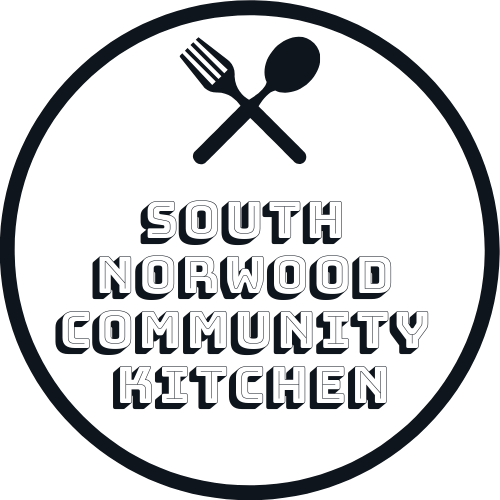Why criminalising street drinking will do more harm than good
I write this as an alcoholic, albeit dry. Castigating, criminalising and punishing street drinkers will only lead to unnecessary paperwork and a very good chance of exacerbating the issue further.
When I was drinking, I was ashamed at myself; I lost self-respect and my value in society and the community at large. It has taken a lot of time, the correct medication and a change of lifestyle to get myself back on track.
There are many reasons why people find solace in drinking, find a kindred- ship when socialising. To deny a space, remove their drink and give one more thing to worry about is a bit like telling any addict, “just don’t do it” which will infuriate anyone.
There are many social, psychological, physical reasons why people self- medicate. I believe that trying to understand each person and how we can improve their level of wellbeing and give them the tools to change direction is the way forward.
Croydon have received a great many people that are from other boroughs, moved onto new surroundings, leaving behind their essential networks and loved ones and friends without crucial support or information.
There are systemic sociological issues regarding the lack of social housing, little increase in social benefit and a laissez faire, aggressive, unsympathetic approach by the DWP when staff are encouraged to meet their targets.
It has been suggested that 75% of alcoholics have a mental health issue. However, mental health provision is not an option if you are drinking. You have to be dry to access therapy, you have to be dry to access rehab, you have to be dry to access support. When it comes to undressing the real issues and not just the manifestations, it’s a Catch 22.
In short, 3 out of 4 people whose drinks are removed and given a criminal record are not well and can benefit from a helping hand, not being kicked when you’re down!
I run the garden at Socco Cheta with SNCK. It has been a pleasure to volunteer at a forward thinking, community hub that sees each individual as a person, gives them the respect and provides advice, information and a sense of belonging.
Who are these people who are making up these draconian measures for our community, and how qualified are they to tackle this issue? Do they understand how dangerous it is for an alcoholic to go cold turkey?
At SNCK we will never condone anti-social behaviour, but will work positively to get the help and assistance needed, which is not readily available through the current local service set up.
By Ian Hardy
Our Approach:
Street drinking and associated anti-social behaviour is a public health issue that requires a whole-community, holistic, joined-up approach locally, that is aligned with best practice and current research. This includes:
1. The establishment of a multi-agency group, bringing together health workers, drug and alcohol services, homelessness organisations, frontline workers and social services, not just police and local businesses, to pool knowledge, skills and resources and deliver joined-up interventions
2. Improved access and referral pathways to drug and alcohol services
3. A better understanding of addiction, alcoholism, brain injury, trauma, and associated mental and physical health amongst all stakeholders
4. An analysis of current best practice and research on this issue
Over the last 12 months SNCK has given out at least 5,000 nutritious hot meals in South Norwood. Providing a meal to those with lifelong alcohol addiction is a significant protective barrier that reduces harm to themselves, cognitive damage and other injuries while still drinking. For those willing to engage in services to help them recover from their addictions, we provide one to one support, information and signposting to services available to them, which unfortunately are few and far between. The SNCK caff and Saturday kitchen are alcohol- free spaces that provide those looking to move past their addictions, or spend less time drinking, with a purpose and a positive support network.

